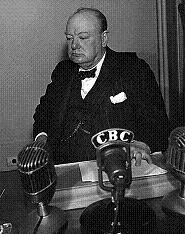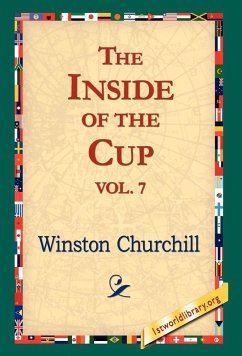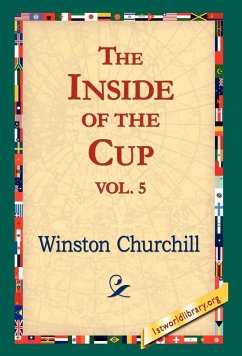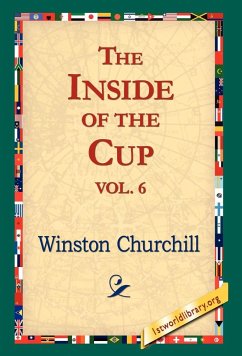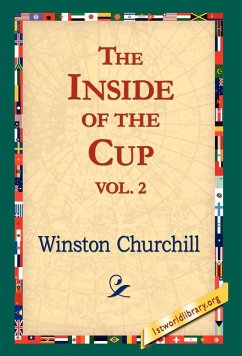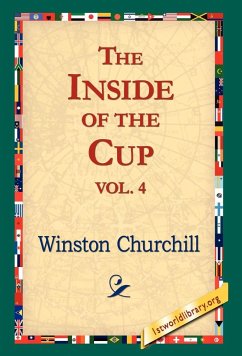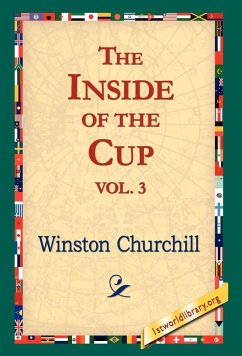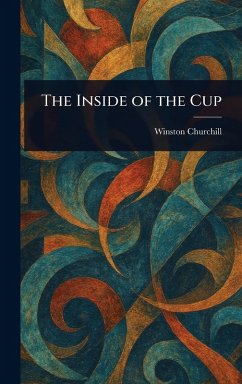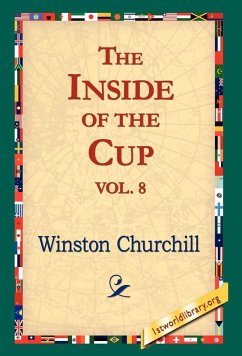
The Inside of the Cup Vol 8.
Versandkostenfrei!
Versandfertig in über 4 Wochen
25,99 €
inkl. MwSt.

PAYBACK Punkte
13 °P sammeln!
The Bishop's House was a comfortable, double dwelling of a smooth, bright red brick and large, plate-glass windows, situated in a plot at the western end of Waverley Place. It had been bought by the Diocese in the nineties, and was representative of that transitional period in American architecture when the mansard roof had been repudiated, when as yet no definite types had emerged to take its place. The house had pointed gables, and a tiny and utterly useless porch that served only to darken the front door, made of heavy pieces of wood fantastically curved. It was precisely ten o'clock in the...
The Bishop's House was a comfortable, double dwelling of a smooth, bright red brick and large, plate-glass windows, situated in a plot at the western end of Waverley Place. It had been bought by the Diocese in the nineties, and was representative of that transitional period in American architecture when the mansard roof had been repudiated, when as yet no definite types had emerged to take its place. The house had pointed gables, and a tiny and utterly useless porch that served only to darken the front door, made of heavy pieces of wood fantastically curved. It was precisely ten o'clock in the morning when Hodder rang the bell and was shown into the ample study which he had entered on other and less vital occasions. He found difficulty in realizing that this pleasant room, lined with well-worn books and overlooking a back lawn where the clothes of the episcopal family hung in the yellow autumn sun, was to be his judgment seat, whence he might be committed to trial for heresy.



